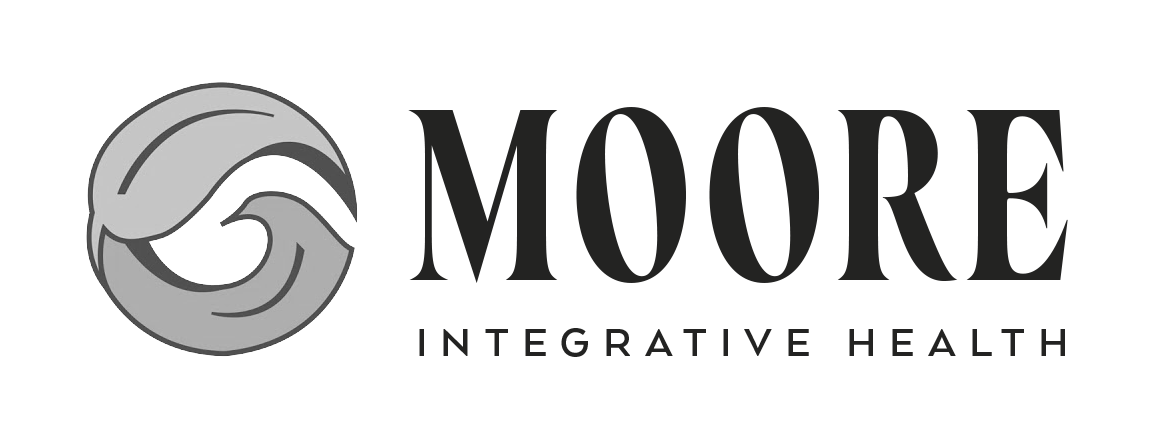The Power of Vitamin A: Enhancing Immune System Function Against Viruses
Vitamin A, a fat-soluble vitamin found in various foods and supplements, plays a crucial role in supporting immune system function. In recent years, research has focused on the potential of vitamin A supplementation to enhance immune responses against viral infections. This blog explores the research behind vitamin A supplementation for immune system support against viruses, highlighting its importance and potential benefits.
The Role of Vitamin A in Immune Function:
Vitamin A is essential for maintaining the health of epithelial cells, which form the first line of defense against pathogens. It also plays a critical role in the development and differentiation of immune cells, such as T cells, B cells, and natural killer (NK) cells, which are essential for mounting an effective immune response against viruses.
Research on Vitamin A and Viral Infections:
Several studies have investigated the effects of vitamin A supplementation on immune responses to viral infections. One study published in the Journal of Infectious Diseases found that vitamin A supplementation reduced the severity and duration of measles infections in children. Another study published in the American Journal of Clinical Nutrition found that vitamin A supplementation reduced the risk of respiratory infections in children living in developing countries.
Mechanisms of Action:
The exact mechanisms by which vitamin A enhances immune responses against viruses are not fully understood. However, it is believed that vitamin A plays a role in enhancing the production of antibodies, promoting the activity of immune cells, and regulating the inflammatory response to viral infections.
Safety and Dosage:
While vitamin A is essential for immune function, excessive intake can be harmful. The recommended daily allowance (RDA) for vitamin A varies depending on age and gender, with adult women requiring 700-900 micrograms per day and adult men requiring 900-1200 micrograms per day. Research shows that a mega dose of vitamin A 2-3 times per year can also be effective, especially at the first signs of a viral infection. Dosage for adults and kids 12 months are older is 100,000 IU x 1-2 days. It is important to consult with a healthcare provider before starting any vitamin A supplementation regimen, especially if you have underlying health conditions or are taking medications.
In Conclusion:
Vitamin A plays a crucial role in supporting immune system function, particularly in the fight against viral infections. Research suggests that vitamin A supplementation can enhance immune responses against viruses, reducing the severity and duration of infections. However, it is important to consume vitamin A as part of a balanced diet and to consult with a healthcare provider before starting any supplementation regimen. With further research, vitamin A supplementation could emerge as a valuable tool in enhancing immune system function against viruses.
References:
Sommer A, Katz J, Tarwotjo I. Increased risk of respiratory disease and diarrhea in children with preexisting mild vitamin A deficiency. Am J Clin Nutr. 1984;40(5):1090-1095.
Hussey GD, Klein M. A randomized, controlled trial of vitamin A in children with severe measles. N Engl J Med. 1990;323(3):160-164.
Stephensen CB. Vitamin A, infection, and immune function. Annu Rev Nutr. 2001;21:167-192.
Semba RD. Vitamin A, immunity, and infection. Clin Infect Dis. 1994;19(3):489-499.
Ross AC. Vitamin A and retinoic acid in T cell-related immunity. Am J Clin Nutr. 2012;96(5):1166S-1172S.
Imdad A, Mayo-Wilson E, Herzer K, Bhutta ZA. Vitamin A supplementation for preventing morbidity and mortality in children from 6 months to 5 years of age. Cochrane Database Syst Rev. 2017;3(3):CD008524. doi:10.1002/14651858.CD008524.pub3

